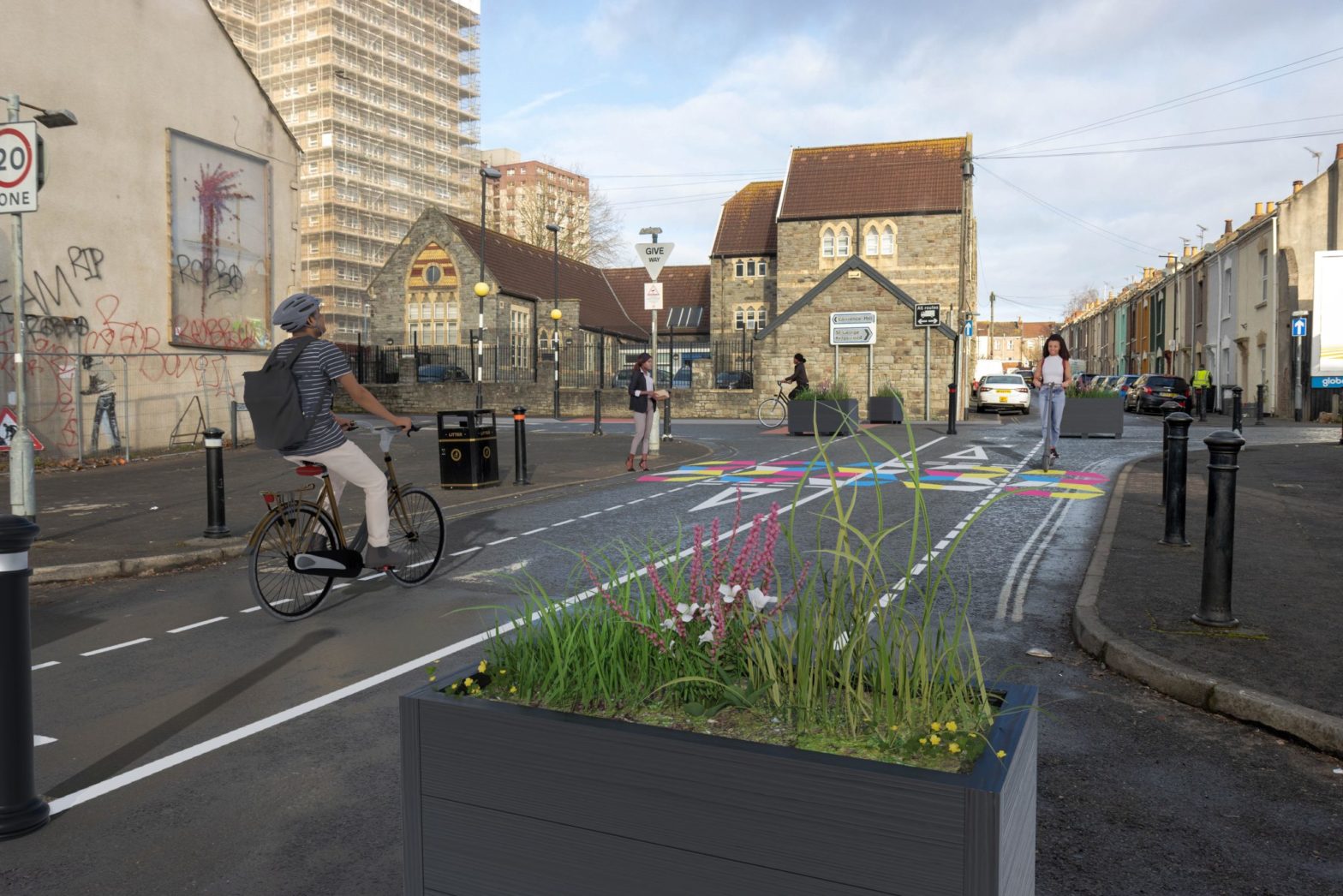
Photo: Aliaksandr Bukatsich | Dreamstime.com
The start-ups trying to make cities more resilient
16 September 2022
by Sarah Wray
Over 500 tech start-ups focused on urban resilience have been whittled down to ten finalists in the latest QBE AcceliCITY Resilience Challenge run by non-profit Leading Cities in partnership with QBE Insurance Group.
The contenders for the overall prize of US$100,000 in pilot project funding include a ‘plastic hunter’ for rivers, a portable energy hub, and a technology to extend the shelf life of produce.
“Challenges such as climate change, population density, cyber risk and pandemics are hastening the need to build thriving, resilient cities and implement new solutions that will change the world,” said Mike Lake, President and CEO of Leading Cities.
More than 550 companies from 70 countries applied for this year’s challenge and 90 semi-finalists were previously selected and received training and mentorship. The ten finalists – chosen based on the quality of their business plan, financial models, pitch, and pilot proposal – will now attend a virtual bootcamp and compete for the funding.
Lake told Cities Today that more start-ups are focusing on urban resilience: “This is definitely an area of growth and perhaps the area of greatest growth from what we have been seeing.”
“And it seems to be straddling the business-to-government and business-to-business worlds better than most smart cities solutions,” he added. “I believe this gives additional opportunity and strength to the growth of the industry and in a more timely way. It forces the business cases to be made and faster than dealing with the public sector alone.”
Urban resilience innovation
The finalists are:
- Zip Charge aims to democratise access to clean, low-cost energy wherever people need it – to charge an electric vehicle, power the home or access energy on the go. Its GoHub product is described as “an innovative form of public infrastructure” that combines charging, portable power and energy storage.
- SDG Assessment’s web-based and mobile app helps small businesses and fast-growth companies report sustainability, ESG and corporate social responsibility performance.
- RunWithIt Synthetics uses ‘synthetic modelling’ to help communities make decisions related to a variety of scenarios from extreme weather to equity.
- Plumis developed a fire suppression product – Automist – to detect fires faster and use less water than traditional sprinkler systems.
- SAVRpak helps double the shelf life of produce without chemicals, enabling greater access to healthy foods.
- EagleRidge Innovation uses a MicroPop high-pressure solution to break apart the cells of waste created by sewage. This allows more of the waste to be eliminated at a wastewater treatment facility rather than shipping it to dumping locations and creates more nutrients that can be used as fertiliser.
- Automedi turns plastic waste collected by subscribers through smart bins into new, on-demand products via 3D printing.
- Project Plastic has developed an affordable, portable ‘plastic hunter’ device to remove microplastics from rivers.
- Smart and Sustainable Built Environment uses artificial intelligence and simulation models to provide a simple and efficient way to green buildings and surfaces where conventional planting is impossible.
- Stormseal is a polyethylene film that heat-shrinks to securely wrap a damaged roof or structure. Unlike tarpaulins, Stormseal stays put until permanent repairs can be made, resisting wind, rain and hail, and preventing further damage.
SAVRpak and Stormseal were selected to receive a People’s Choice Award along with US$25,000 to support their growth.
The QBE AcceliCITY Resilience Challenge is in its fourth year and Leading Cities said that companies from the programme have already raised more than US$400 million and many have since deployed their solutions in cities.
The winner will be announced in November.
The 2021 QBE AcceliCITY Resilience Challenge winner was Pharem Biotech, which works to remove hazardous organic pollutants, including pharmaceutical waste, from rivers, lakes and drinking water. The 2020 winner was Spain-based green electricity start-up Bioo which produces energy from the organic decomposition of plants.











